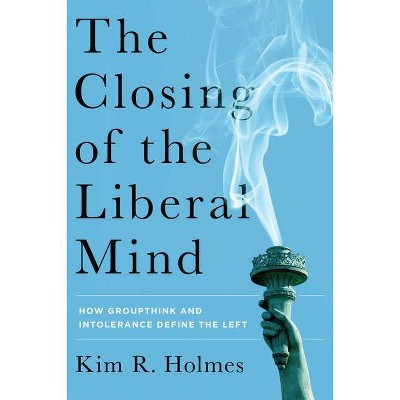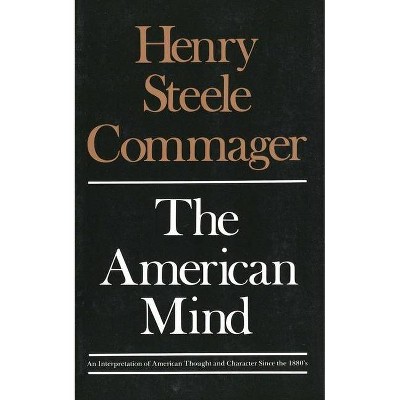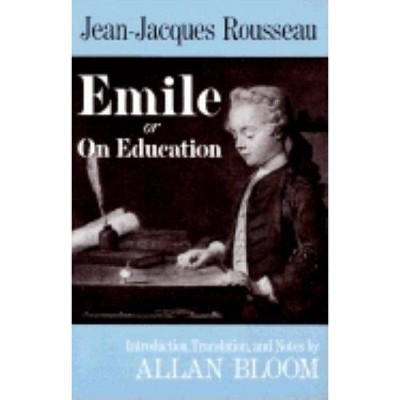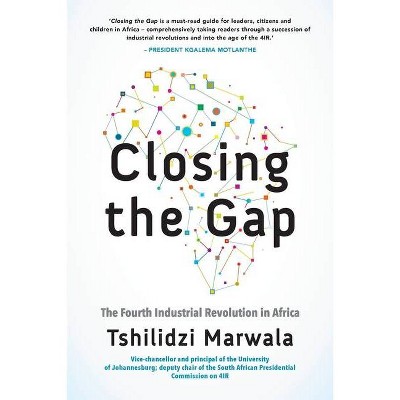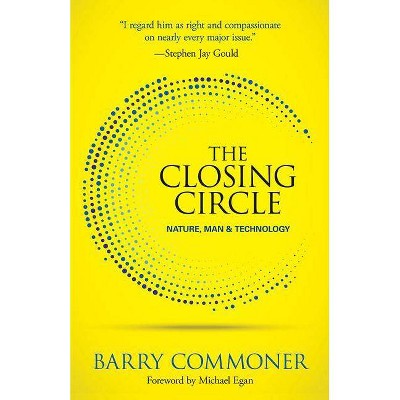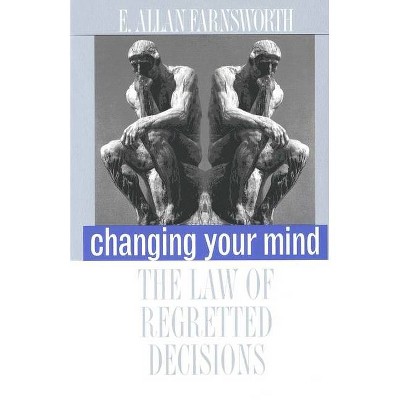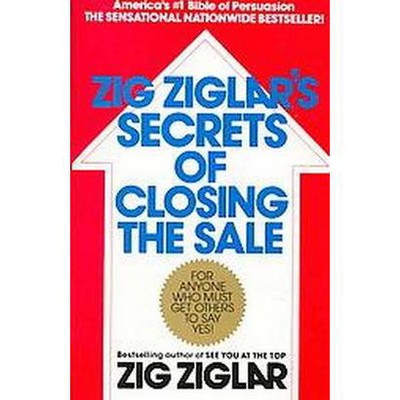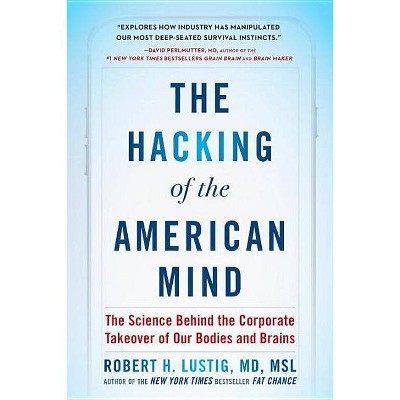The Closing of the American Mind - by Allan Bloom (Paperback)
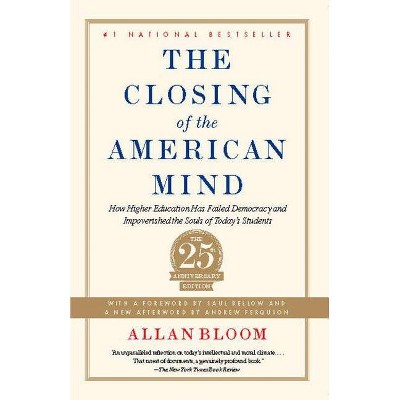
Similar Products
Products of same category from the store
AllProduct info
<p/><br></br><p><b> Book Synopsis </b></p></br></br><b>The brilliant, controversial, bestselling critique of American culture that "hits with the approximate force and effect of electroshock therapy" (<i>The New York Times</i>)--now featuring a new afterword by Andrew Ferguson in a twenty-fifth anniversary edition.</b> <p/><b><i>THE BRILLIANT AND CONTROVERSIAL CRITIQUE OF AMERICAN CULTURE WITH NEARLY A MILLION COPIES IN PRINT</i></b> <p/> In 1987, eminent political philosopher Allan Bloom published <i>The Closing of the American Mind</i>, an appraisal of contemporary America that "hits with the approximate force and effect of electroshock therapy" (<i>The New York Times</i>) and has not only been vindicated, but has also become more urgent today. In clear, spirited prose, Bloom argues that the social and political crises of contemporary America are part of a larger intellectual crisis: the result of a dangerous narrowing of curiosity and exploration by the university elites. <p/>Now, in this twenty-fifth anniversary edition, acclaimed author and journalist Andrew Ferguson contributes a new essay that describes why Bloom's argument caused such a furor at publication and why our culture so deeply resists its truths today.<p/><br></br><p><b> Review Quotes </b></p></br></br><br>"Brilliant. . . . No other book combines such shrewd insights into our current state. . . . No other book is at once so lively and so deep, so witty and so thoughtful, so outrageous and so sensible, so amusing and so chilling. . . . An extraordinary book."<i></i>--William Kristol "The Wall Street Journal"<br><br>"Rich and absorbing. . . . A grand tour of the American mind.-- "The Washington Post"<br><p/><br></br><p><b> About the Author </b></p></br></br><b>Allan Bloom </b>was professor in the Committee on Social Thought and the College and co-director of the John M. Olin Center for Inquiry into the Theory and Practice of Democracy at the University of Chicago. He taught at Yale, University of Paris, University of Toronto, Tel Aviv University, and Cornell, where he was the recipient of the Clark Teaching Award in 1967. He died in 1992.
Price History
Price Archive shows prices from various stores, lets you see history and find the cheapest. There is no actual sale on the website. For all support, inquiry and suggestion messagescommunication@pricearchive.us
